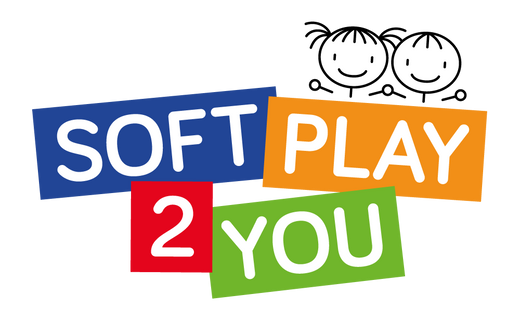Soft play for home, classroom, and the outdoors offer countless benefits for learning and development. It allows children to develop their motor, emotional, social, and cognitive skills. At the same time children build confidence and gain independence while they master toys such as soft playsets, play gym, construction sets, busy boards, and more.
Indoor play at home can be a great source of entertainment and learning for kids of all ages. Safety and educational value are among the greatest assets of soft play equipment. Other significant advantages of kids soft play involve fine and gross motor skills development.
What is Motor Development?
Motor skills involve two sets: fine and gross motor skills. Gross motor skills involve movements of large muscle groups such as arms or legs and the whole body. The child needs these skills to walk, run, climb, skip, etc.
Fine motor skills include movements related to smaller muscle groups like those in hands and wrists. These skills are needed to perform necessary activities such as dressing (grasping button, zips, and laces), brushing teeth, eating, writing, drawing, and other school-related skills.
Although these movements seem natural, fine motor skills involve the complex coordination of the brain and muscles. Control of their fine and gross motor is essential for a child’s independence, ability to explore the world around them and their cognitive and emotional development.
Children start developing necessary fine motor skills at the earliest age. At the age of 6 months, a baby can hold a toy, shake it and bring hands to his mouth. During the second half of their first year, many infants may be able to pull to stand, stand on their own and crawl, and by the age of twelve months, most children can sit without support.
To help your child practice grasp and release motor skills, provide soft blocks of different shapes and colours, wall activity toys, and any other soft play equipment that your little one shows interest in.
Young children love grasping objects and releasing them. Some parents may get upset with their toddler starts throwing toys. However, releasing a toy is a skill that emerges between 18 months and three years and helps the child practice her fine motor release and hand-eye coordination. To support the development of these critical skills, provide soft toys such as soft balls that your child can safely grasp and throw.
How Soft Play for Home Promotes Physical Development?
Soft play equipment represents a safe and engaging environment for a child to learn new skills.
Balance, Coordination, and Strength
Soft play equipment for home stimulates children’s senses, including their sense of balance and coordination. By using equipment such as a balance beam, or a ball pool with slide, children develop balance and stability and strengthen their muscles.
Climbing toys, ladders, and soft play sets like The Climb are excellent ways for your toddler to master coordination as he navigates moving from one level to another without fear of getting hurt. Soft play sets encourage kids to practice their problem-solving skills while experimenting with different types of movement.
Gross Motor Skills
Soft play is an excellent way for your child to practice and develop gross motor skills like climbing, jumping, walking. To encourage gross motor skills development, provide different size playground balls, colourful bouncy balls, a crawling tunnel, a ball pool, balance beam, and similar toys. These toys are excellent for soft play at home both indoors and outdoors.
Encourage your child to climb play sets bars, slide, and crawl. Playing with balls, navigating the twists and turns of the Big Mountain Set or Train set, or climbing and rocking the Climb encourages children to practice their athletic ability and gross motor skills.
Fine Motor Skills
By using soft play items, your child learns to pick up objects and move them around. Soft play sets like puzzles, construction sets or small soft items (balls, blocks, etc.) encourage kids to use muscles of their hands and develop hand-eye coordination and fine motor skills.
Grabbing ladder handles or gripping rockers strengthens the small muscles in the hands, developing fine motor skills essential for holding a pencil or tying shoelaces.
Playing at soft play centres is not only a fun and exciting activity but also offers myriad developmental benefits. Encouraging children to exercise in a variety of soft play settings is good for their muscles and physical development, but also promotes spatial awareness, confidence, independence, mental well-being, and much more.

